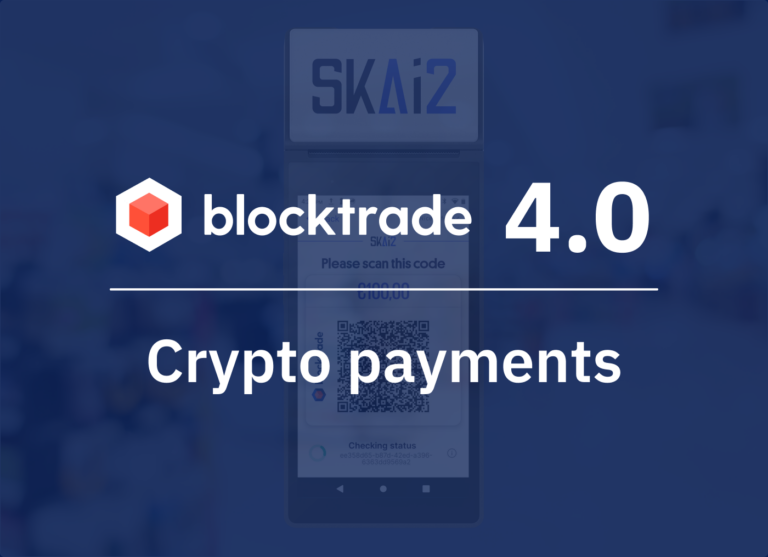When it comes to using online financial services, integrity and transparency are of the utmost importance. Fraudulent transactions and identity theft represent a major security threat for financial service providers and their customers. This is where Know-Your-Customer (KYC)/Know-Your-Business (KYB) comes into play.
In this article we are going to discuss what know your customer/know your business is, why it matters, and how you as a customer benefit from the KYC process at Blocktrade.
What is KYC/KYB?
KYC, know-your-customer, and KYB, know-your-business, describe the need and necessity for banks and financial service providers (like banks, online brokers, digital asset exchanges,…) to verify the identity of their customers and gather some basic information about them.
KYC/KYB are frequently mentioned in combination with AML – Anti-Money-Laundering – which refers to a broader set of principles and measures companies must implement to prevent money-laundering practices through usage of their services.
The exact requirements for KYC/KYB and AML are defined in the USA Patriot Act of 2001 (for US companies) and the EU Directive 2018/843 (“AML-Directive V”).
Why does KYC/KYB matter?
KYC/KYB requires customers to submit certain documents to financial service providers. Yes, this takes a few minutes and can be cumbersome, yet it’s well worth it.
These few minutes ensure that you can safely use the company’s services while having full trust that your identity and assets are protected. Without a know your customer procedure in place…
- hackers could use compromised user credentials to withdraw client funds or transfer them to their own account
- criminals could use financial service providers for money laundering or terrorist financing
- criminals could open bank or trading accounts in somebody else’s name and abuse this identity theft for their own personal benefit
Conclusion
KYC and KYB procedures are an essential process when registering for financial service providers. While businesses implement these procedures to ensure legal compliance, customers benefit by staying secure and legitimate and knowing their assets are protected.







